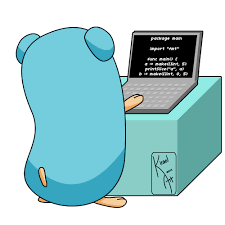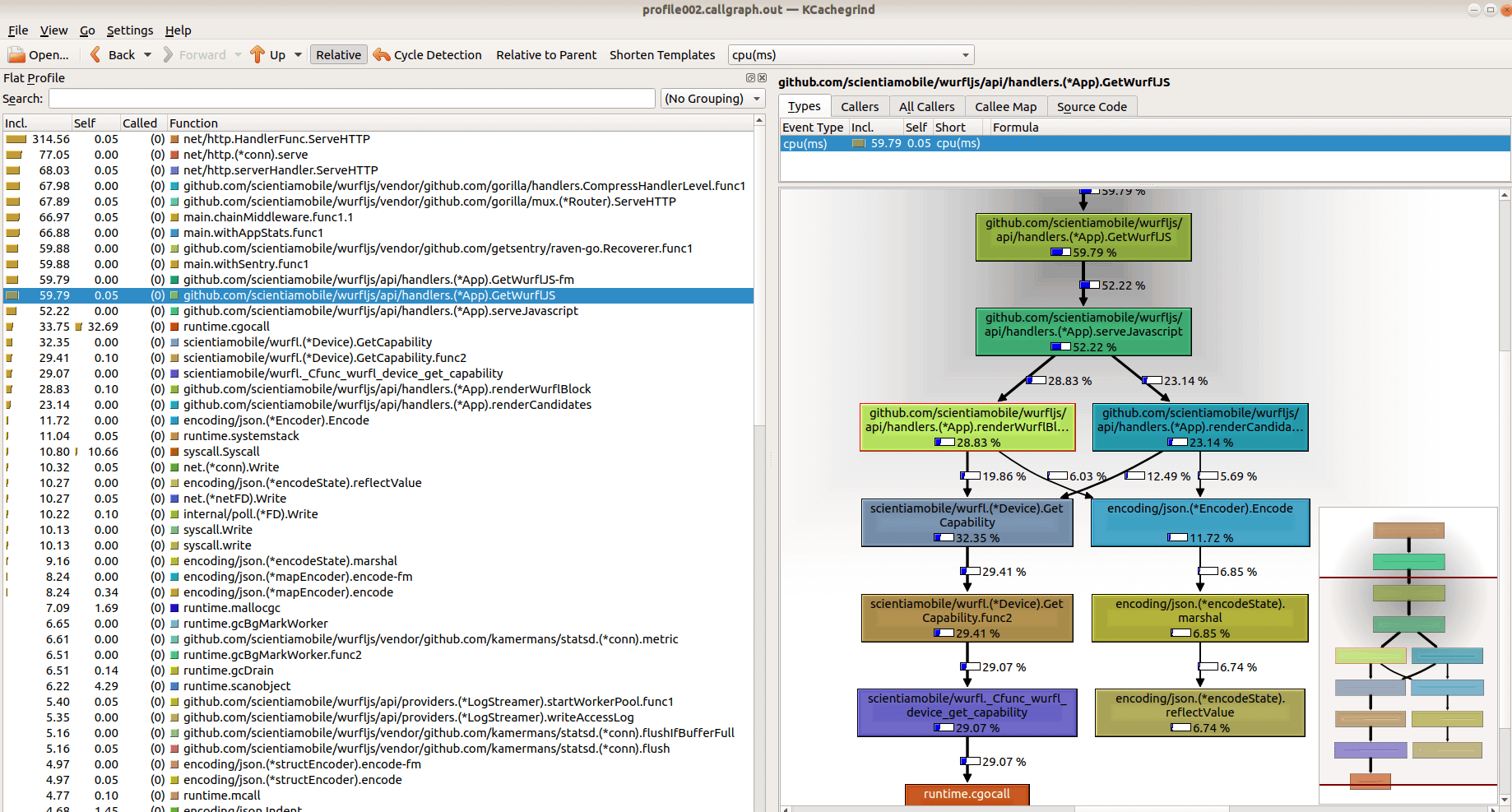Thanks to god after year 2000 information technology has started moving towards more pragmatic, simple and effective tools and languages. Some examples that in my opinion make this evident :
Languages and language tools
- go, rust, swift are all born with the goal of simplifying their direct parents (c++, objectiveC) and removing their pitfalls.
- UML abandoned : this is a relief for all coders which had to deal with it. I don’t know anyone using it nowadays.
- git : finally some one (thanks Linux Torvalds) simplified svn/sourcesafe by putting features that are needed by developers in a clear, pretty intuitive command line interface
- atom/sublime : reaction to the complexity of Visual Studio, IBM Rational, Eclipse ? I think yes
Databases
- Key-value stores/noSQL are just taking ER/SQL model and making it simpler, providing only the features needed in 99% of the applications. Boyce-Codd normal form is pretty nice and interesting but in real world applications you’ll never use it.
- Object Databases completely disappeared and in some way also the idea that OO methodology/hierarchy could be applied everywhere (just because you are where using OO languages)
Virtualization
- docker/rkt are slim alternatives to virtualization and virtual machines
Architectures
- plain old REST API aren’t just a simple way for doing things without having to Corba/Soap ?
- gRPC : provides corba like features while being 1 order of magnitude more efficent and portable on any platform.
What I’m saying is that the 90s produced a lot of unnecessarily complicated tools and technology which developer just did not need/like which is being progressively substituted with simpler stuff.
Interesting to note that the phrase “Less is more” is originally attributed to Mies Van Der Rohe for his minimalism in architecture design . Looks at his buildings : nothing more than necessary and functional elements are present.
But before him Leonardo da Vinci : “Simplicity is the Ultimate Sophistication”
Antoine de Saint-Exupéry – “Perfection is achieved, not when there is nothing more to add, but when there is nothing left to take away.”



 There where times when you had to write C/C++ code and find all the bounds errors and memory leaks by hand or with ancient tools (who remembers Purify?). Valgrind introduced a lot of features but sanitize features added in gcc/clang are just awesome (thanks
There where times when you had to write C/C++ code and find all the bounds errors and memory leaks by hand or with ancient tools (who remembers Purify?). Valgrind introduced a lot of features but sanitize features added in gcc/clang are just awesome (thanks 